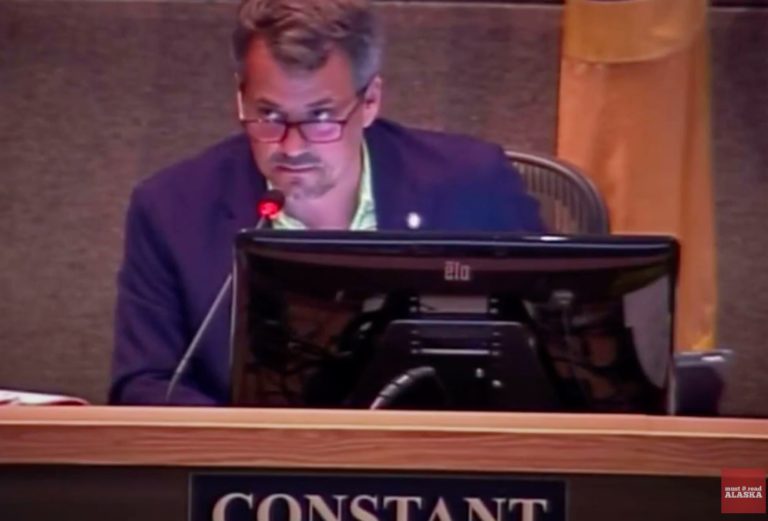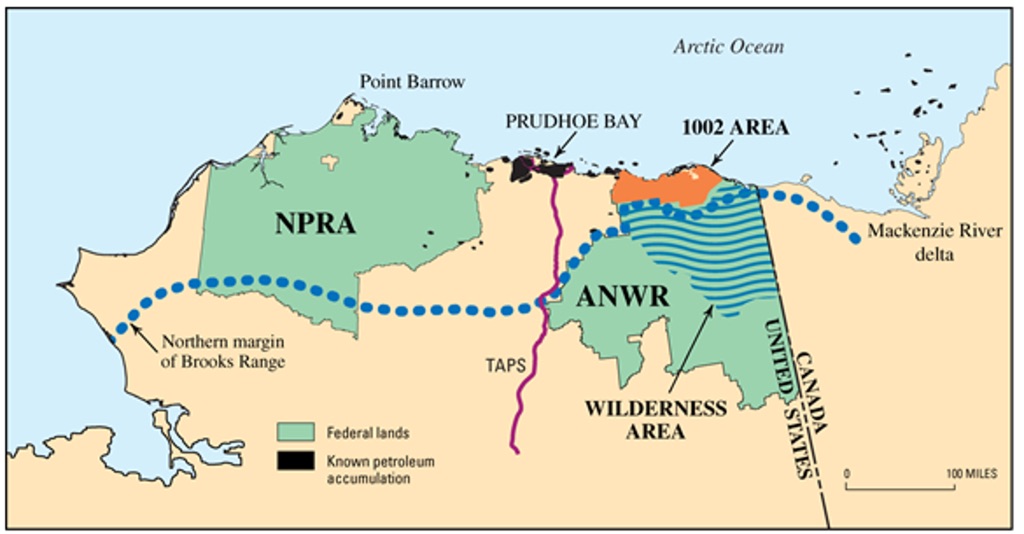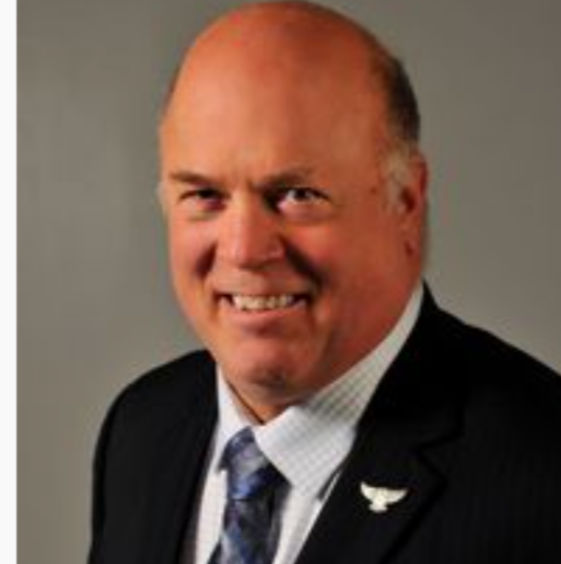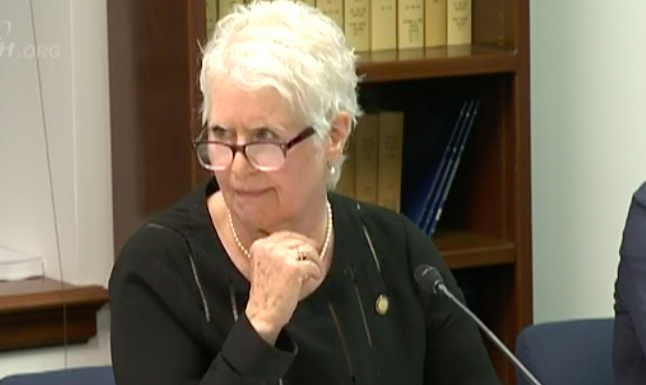The State Division of Personnel released a list on Wednesday afternoon of numerous state functions that will not stop even during a government shutdown created by the dysfunction in the Legislature. Many of the functions to remain active are related to public safety, but other workers, who are paid through various secondary means, will also stay on duty.
As the second special session opened in Wednesday, it appears more likely that Speaker Louise Stutes would not be able to lead her body to an agreement before the July 1 shutdown date.
The House is in disarray over the budget’s effective date clause and the Constitutional Budget Reserve, and Stutes has just six days to repair the situation. This is her first year as Speaker. The Republican House members, who are in the minority, appear resolute in their stance that the Constitutional Budget Reserve should not be used to bludgeon certain districts in order to get certain legislators to vote on a Permanent Fund dividend that is less than one third of the legally set “statutory dividend.”
Many Alaskans will not really notice much difference during a shutdown, at least for a while, if their interactions with government are few and far between. They may see more people at their favorite fishing spot, but unless they interact with state services, things may appear normal.
Unlike the dire predictions of Sen. Natasha Von Imhof a week ago, people will not bleed along the side of the road after an accident because Troopers and medics won’t arrive, and bridges will not collapse on July 1.
Von Imhof warned last week:
“I hope the folks at home fully understand the consequences of today, the action. A no vote means the budget doesn’t pass. Twenty-two thousand people, state workers, will be out of work July 1. That does not include the tens of thousands of teachers and university employees in the state of Alaska. Everyone at a job will not be paid … Hey, you drive over a bridge, I suggest you hold your breath and pray, ’cause it could fall on ya, because no one’s going to be around to fix it. If you want a permit to mine? Nope, not gonna happen. If you’re on food stamps and you call up and ask someone to process your application, no one will answer the phone. If you’re on Medicaid and you need emergency surgery, no one will authorize it because no one will answer the phone. Medicaid will be shut down. You call a state Trooper, I’m sorry, you’ll be sitting by the side of the road bleeding.”
None of that is true. It is legislative theater. The entire clip can be seen here:
This week, Von Imhof blamed the governor for not signing the budget that passed (without an appropriate effective date) by saying, “Gov. Dunleavy not doing everything in his power to keep his own government operational is like having an atheistic Pope.”
But apparently, Dunleavy is doing much to keep government operational. In the list released Wednesday, all emergency functions will continue, and so will justice, corrections, and even the investment managers for the Alaska Permanent Fund Corporation. Things like the Office of Archaeology will be closed, to be certain.
In the Department of Administration, for example, the Public Defender Agency will remain open, along with Office of Public Advocacy and the satellite service running the Emergency Broadcast System.
There will be reduced staffing for Retirement and Benefits, the Division of Motor Vehicles, which will have workers to support law enforcement and courts, and reduced statewide and department support services necessary to fulfill critical functions, such as IT support, Personnel, HR, Finance.
The only hearings that will be scheduled in the Office of Administrative Hearings will be for child support, Medicaid and public assistance, and substantiation of child abuse and neglect.
Most functions of the Division of Motor Vehicles, and the Alaska Public Offices Commission will be closed.
In the Department of Commerce, only these services are scheduled to go dark: Power Cost Equalization Payments,
Alaska Energy Authority – Project Development, Alternative Energy and Efficiency Alaska Energy Authority Rural Energy Assistance, the Alaska Seafood Marketing Institute, Investments, Tourism Marketing, Economic Development, Pass Through Payments (Fisheries Taxes, Payment in Lieu of Taxes, National Forest Receipts), Serve Alaska/AmeriCorps, Corporations, Business and Professional Licensing – new licenses and other functions not related to life, health, safety, Alcohol and Marijuana Control Office, excluding enforcement, revocations, and suspensions.
In the Department of Corrections, just a few services are being stopped July 1, including: Recidivism Reduction Grants, Domestic Violence Program, Education Programs, Vocational Education Programs, and Chaplaincy Services.
In the Department of Fish and Game, a small number of services will close: EVOS Trustee Council, Habitat, Advisory Committees, Hunter Education, and Public Shooting Ranges. Most other functions of Fish and Game come from fees, so they pay for themselves outside of the Operating Budget.
As for Health and Social Services, most functions are open including Medicaid (Federal Mandate), General Relief/Temporary Assisted Living. Emergency Programs. Essential Newborn Health Screening, Juvenile Justice, Child Protective Services – foster care; front line case workers (Federal Mandate) Alaska, Psychiatric Institute (federal component through Medicaid), Pioneer Homes (federal component through Medicaid).
Health and Social Services offices that will not operate during the shutdown are: Community Initiative Matching Grants, Human Services Community Matching Grant, Assessment and Planning, Quality Assurance and Audit, Children’s Services Training, Senior Residential Services, Senior Benefits Payment Program, Community Health Grants, Emergency Medical Services Grants Tribal Assistance Programs, Residential Licensing – new licenses, Permanent Fund Dividend Hold Harmless, Early Intervention / Learning Programs.
In the Department of Labor, the offices to remain open include Unemployment Insurance (Federal Mandate), Disability Determination (for Social Security benefits).
Labor Department closures are things like Alaska Vocational Technical Center (AVTEC) except existing family housing, Labor Market Information, Vocational Rehabilitation, Wage and Hour Administration, Workers’ Compensation Appeals Commission Workforce Services (Alaska Job Centers)
The Department of Law criminal prosecutions and child protection divisions will be fully operational during a shutdown. Other functions may be reduced partially.
In the Department of Natural Resources, the only offices to be shut down are: Office of History and Archaeology, Agriculture Revolving Loan Program, North Latitude Plant Material Center, EVOS Trustee Council Projects, Public Information Center, Recorder’s Office, Office of Project Management & Permitting Agriculture.
In the Department of Public Safety, just a few areas will be closed during the shutdown: Alaska Wing Civil Air Patrol, Alaska Police Standards Council, Alaska Fire Standards Council.
In the Department of Transportation, safety and commerce functions continue. All international airports remain open, and airport police and firefighters will be on duty. Also functioning will be State of Alaska Part 139 and Rural Airport Operations (Federal Mandate), Alaska Marine Highway System, Emergency/Critical Road Maintenance, Traffic Signal Control Contracts, State Equipment Fleet Operations Support, Police/Fire/Other critical services, and the Whittier Tunnel (Normal Operations, Limited Maintenance Activities)
The list goes on. All divisions impacted by the expected shutdown are listed at this link.







